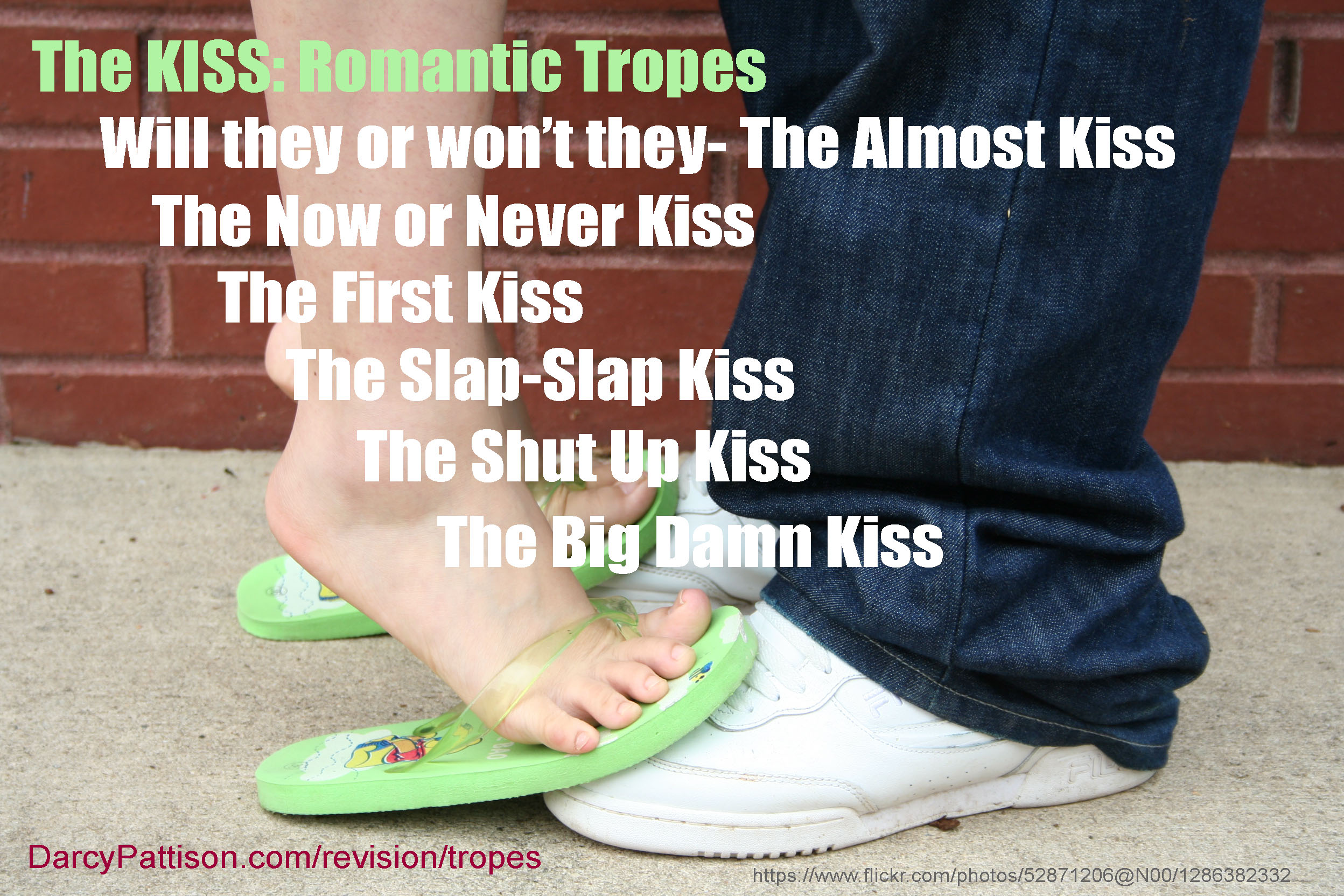I confess: I love a good cliche or trope.
A cliche is a phrase or expression that has been used so often that it is no longer original or interesting.
A trope is a common or overused theme or device, as in the usual horror movie tropes.
I’m in the middle of plotting a massive 3-book story and I need all the help I can get. Here’s the problem: what happens next?
No, let me rephrase: what could possibly happen next?
Sometimes, I just need to know possibilities, or what a story typically does at a particular stage. What are the possibilities? Is this a place for a murder, a confession, a love scene, or a time to gather information?
Literary folk say that there are only a limited number of stories in the world. Depending on who you talk with, there might be just two stories: a character leaves town, or a stranger comes to town. Others say there are up to 32 plots. I’ve written about 29 plot templates before. And it helps immensely to narrow down the choices.
But that’s on the level of an outline. Now that I’m deep into deciding on scenes, my imagination comes up short.
Enter tropes. A trope is a common theme, something that’s been done before. That doesn’t scare me away, because it’s the same as the variety of themes. Every story is a cliche, trope or template in many ways. It’s all in how you TELL that story. The beauty is in the particulars.
Romantic Subplot

My story needs a romantic subplot. I know the basics.
Act 1: Boy Meets Girl/Girl Meets Boy
Act 2: Boy and Girl Fight or are otherwise kept apart.
Act 3: Boy and Girl get together.
But what else? What is possible at each stage?
I turned to TVTROPES.org for help. Their site is a wiki that list all sorts of tropes. The Romantic Arc Tropes list was helpful because it listed typical things that happen at every stage of a romantic relationship.
For example, a story might start with this trope/subtropes:
Love Before First Sight
- Because Destiny Says So
- Childhood Marriage Promise
- Red String of Fate
- Girl of My Dreams
- New Old Flame
Each of the tropes listed has its own wiki page, which explains the trope in detail. Particularly valuable are the examples drawn from traditional literature, manga, comic books, fanfics, films, live-action TV, professional wrestling, table top games, theater, video games, webcomics, western animation, real life and more. It’s a treasure trove of examples of the POSSIBILITIES of a particular stage of a relationship.
In fact, I used this romance arc by choosing one trope from each stage of a relationship and slotting that into my story.
Place Holders
Are you afraid that my story will be trite and boring? I’m not. I know that this is a trope and therefore, I must transform it in the storytelling phase of the project. Right now, though, this trope acts as a place holder, something that indicates approximately what will happen in this spot of the story, but not exactly. The nuances that make it fresh await the actual writing.
Using tropes to hold a place with something reasonable makes the plotting easier. I’m loving this help in plotting.
Here are some Arcs to get you started. Be warned: this is a massive wiki and it’s easy to get lost in it. Know what you are looking for and get it/get out.
One thought on “0”
Comments are closed.